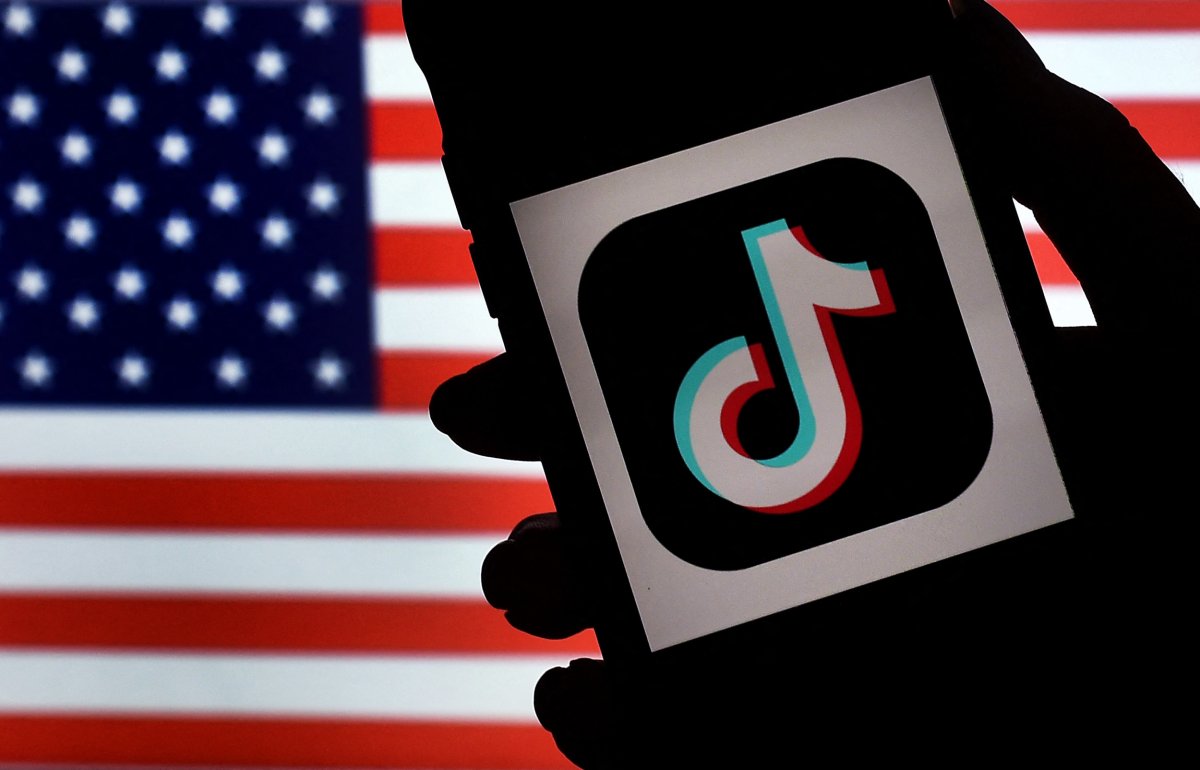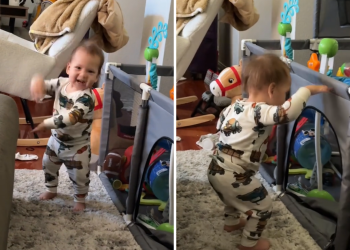With the Supreme Court’s blessing to ban it from America, TikTok’s ultimate fate is all but sealed. While President Donald Trump is taking action to allow it to keep operating for now, the reality is that there isn’t much he can do other than delay the inevitable.
Trump seems confident that the 90-day extension provision in the law that banned TikTok will buy him time to get a deal done, but this route is as legally flawed as it is temporally tenuous. To invoke this provision, he must certify to Congress that three conditions are met, none of which seem remotely close to being true. He must show that a viable path to divestiture exists, that there is significant progress being made toward that goal, and that binding legal agreements are in place. ByteDance and the Chinese government have repeatedly gone on record as being opposed to selling TikTok, making honest certification impossible. Further, courts can review such certifications for factual basis, all but guaranteeing this option would fail in short order. Even if granted and upheld on challenge, an extension would end after 90 days with no chance at a second extension of any length.

OLIVIER DOULIERY/AFP via Getty Images
Executive non-enforcement, the basis of the executive order he issued regarding TikTok on Inauguration Day, might seem like a viable way to give TikTok an indefinite reprieve. But this strategy also crumbles under scrutiny. For one, the law specifies that the attorney general “shall” conduct investigations and “shall pursue enforcement” if violations are found. This means enforcement of the law isn’t discretionary, so other parties such as state attorneys general, Congress, or competing companies can sue to compel her to do her job even as Trump tells her not to. How Pam Bondi will react when pulled between contravening orders from the courts and Trump is anyone’s guess, but the end result will be either a constitutional crisis or a pathetically short extension of TikTok’s revival.
Meanwhile, even if non-enforcement is promised, the law makes clear that companies are financially liable to the tune of $5,000 per user they allow to violate it. For platforms like Apple’s App Store or Google Play, that’s a hit that they should expect to result in potentially hundreds of billions of dollars in retroactive fines. What corporate executive or board would allow such a massive risk to their company’s bottom line on a presidential promise their lawyers ought to be telling them has no legitimate legal grounding to it? Tech companies helping Trump flaunt the law will be violating their fiduciary duty to their shareholders on such a gamble, as it does nothing to increase their own shareholder’s value, yet opens them up to catastrophic losses.
Any other executive orders issued to save TikTok won’t be worth the paper they’re printed on given that Supreme Court precedent firmly holds that presidential power is at its “lowest ebb” when acting against express congressional intent. As such, any executive order attempting to override the ban passed by Congress would be headed for a rapid judicial rejection.
Even if Trump’s dilatory tactics are just to buy time for a potential sale, practical realities show how unlikely this outcome is. Any deal that leaves ByteDance with a 20 percent or more ownership, or any operational control, still triggers the ban. The law demands complete separation from ByteDance’s influence, including independent algorithms and data systems. No company will want to pay hundreds of billions of dollars for a social media platform without the algorithm that made it successful, and ByteDance won’t sell its crown jewel technology. A forced sale under these terms is like trying to sell a racecar while keeping its engine.
So why would Trump wage this doomed battle? The answer lies in his transactional approach to politics. During his first term, banning TikTok served his trade war with China. Now, two critical factors have worked to flip his stance.
First, his 2024 campaign struck algorithmic gold on the platform, particularly with younger male voters. More tellingly, as is always the case with Trump, one should simply follow the money. Doing so here leads directly to billionaire Jeffrey Yass, a massive portion of whose roughly $21 billion stake in ByteDance will effectively evaporate under the ban. Yass has deep financial ties to Trump’s media ventures and pours tens of millions into conservative causes.
The irony is striking—the man who built his political brand on confronting China now fights to resurrect one of its most effective tools for gathering American data. But that’s just Trump’s political nature, where ideology always bends to self-interest.
Nicholas Creel is an associate professor of business law at Georgia College & State University.
The views expressed in this article are the writer’s own.



















